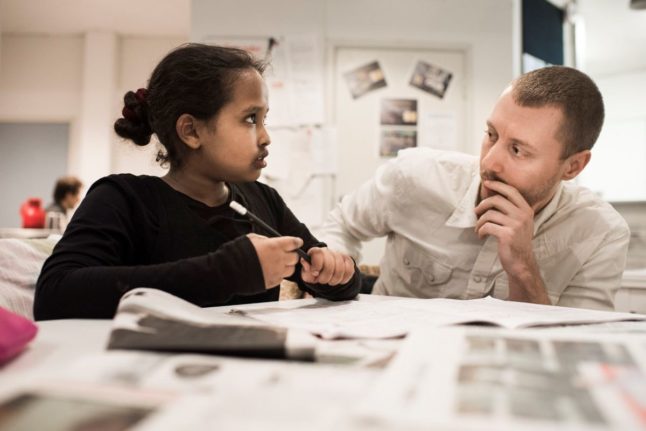The proposals are not yet in the form of a bill, but a draft has been sent for hearing by relevant authorities and organisations, according to a press statement issued by the Danish Agency for International Recruitment and Integration (SIRI), which processes residence permit cases.
The ministry will provide an update if and when the proposal is tabled as a bill in parliament, SIRI said.
The draft proposal could see changes made to permanent residence and family reunification rules.
READ ALSO: Denmark to ease family reunification rules for Danes with foreign partners
Specifically, existing criteria preventing people with previous criminal records will be intensified, meaning that preliminary charges or indictments for certain types of crime can cause permanent residence claims to be rejected.
The intention of this rule change is likely to be to prevent residence from being granted to people who face criminal charges but whose cases are awaiting trial in court.
In November, it was reported that the Danish Immigration Service (Udlændingestyrelsen) is not authorised to freeze applications for permanent residency if the applicant is suspected a crime, but has followed the practice for over a decade.
Current rules state that, for an application for permanent residence to be frozen, the applicant must have been convicted of a crime and sentenced, not suspected.
Minister for Immigration and Integration Kaare Dybvad Bek confirmed in November that the Immigration Service had acted in breach of rules, but said he wanted the illegal procedure followed by the agency to become legal and would table a bill to this effect.
The minister told newspaper Politiken it “sends the completely wrong signal if foreigners who are suspected or charged with a crime can be granted permanent residency if the application is processed before any verdict is reached”.
The proposed rule change would also apply to “applications for spousal family reunification where the spouse in Denmark is a foreigner but not a refugee”, SIRI said in the statement.
All existing criteria for family reunification would still apply.
According to the proposed law change, the new rules would apply to applications for both permanent residency and family reunification from the date at which the bill is tabled in parliament, unless rulings are reached on any cases before the new rules take effect.



 Please whitelist us to continue reading.
Please whitelist us to continue reading.
Member comments